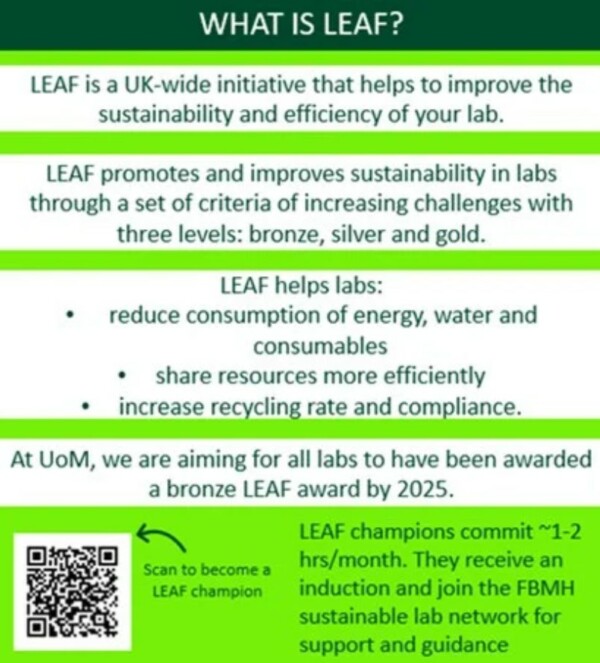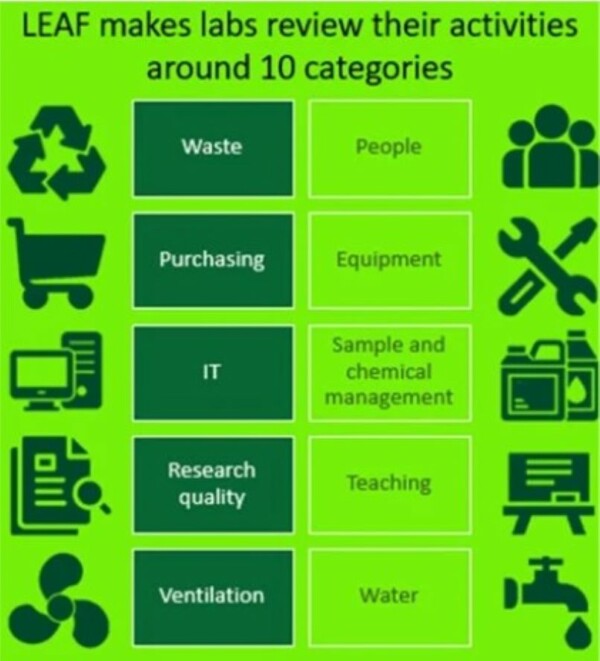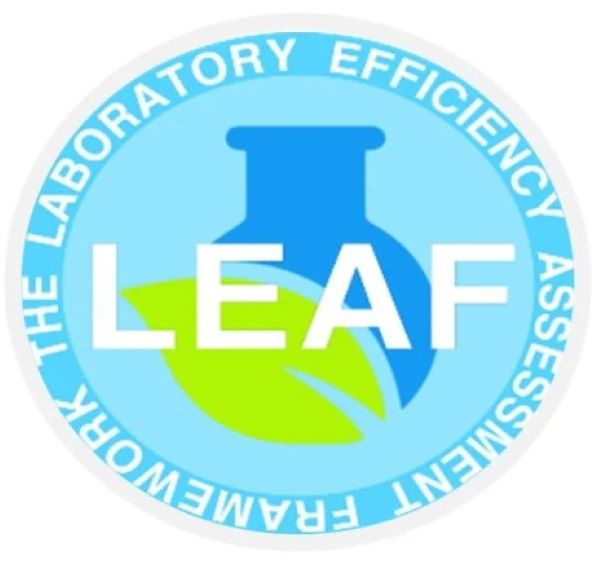Environmental Sustainability in National Institute for Health and Care Research (NIHR) Manchester Biomedical Research Centre (BRC) Laboratories
Dr Nisha Nair is the project manager for the Rheumatic and Musculoskeletal Diseases (RMD) theme of the NIHR Manchester Biomedical Research Centre. She is a post-doctoral research fellow who has worked in musculoskeletal disease genetics since the start of her PhD in 2011. Her main research area concentrates primarily on biomarkers of treatment response in rheumatoid arthritis and other conditions.
To mark this year’s International Day of Women and Girls in Science, which is taking place on 11 February 2024 and focuses on Sustainable Development Goals, Nisha has written a blog about why sustainability is so important to her and how this relates to the laboratory environment. Nisha is also The University of Manchester’s School of Biological Sciences Laboratory Environmental Sustainability Lead.
Foreword
Environmental sustainability has always been an important pillar of social responsibility for me. For the past 10 years, I have transitioned from PhD student to research fellow and have taken on lab manager and project manager responsibilities. At every stage of my career, I have found ways to incorporate and share initiatives to improve sustainability in and out of the lab. I have led our departmental Green Impact team under the National Union of Students Green Impact scheme, then became the Environmental Sustainability Lead for the School of Biological Sciences at The University of Manchester (UoM) and now Laboratory Efficiency Assessment Framework (LEAF) champion in our lab. LEAF is a UK-wide initiative that helps to improve the sustainability and efficiency of laboratories.
Not only is it a fun and fantastic way to bring groups together and tackle important issues, but it also encourages people to make small changes, which then leads to greater impact.

In our group, we have organised sustainability themed events and challenges in our lab and division, from chilli plant growing competitions to linking up with companies such as United Utilities and Eon to giveaway freebies at School events, which is a great way to engage staff and students and have a wider conversation about saving energy and water.
Now in my role as RMD theme project manager and Manchester BRC sustainability lead, I see a valuable opportunity to link up the exciting sustainability practices in the lab through LEAF with our partner institutions in the NHS in a network where we can share resources and initiatives to work towards greater impact as a BRC.
Becoming more sustainable
The NIHR Manchester BRC is committed to delivering high quality research across 13 research themes within UoM and 6 NHS Trusts across Greater Manchester, Lancashire and South Cumbria. Efficient, high-functioning laboratories are crucial to a vast number of research projects involved in the delivery of key objectives set out as part of this NIHR infrastructure – the largest BRC outside of the South East of England.
However, research and medical laboratories are energy-intensive and generate vast amounts of waste, some of which is avoidable. It is a key priority of UoM to reduce this waste and be more sustainable in our work. Incorporating and promoting this sustainability in Manchester BRC projects within both the University and NHS Trust sites will add an additional layer of impact, not only towards our research funding objectives but also towards our social responsibility goals. Currently, our focus will be on laboratories to achieve LEAF, but we plan to link up with Manchester BRC partner Trusts and extend environmental sustainability practices and initiatives beyond the lab.
UoM has adopted LEAF to address environmental sustainability in the lab with categories focusing on wet lab, research quality, people, and at Gold-level, travel and common areas. There are also some aspects to this framework that can be applied outside of the wet lab environment as well as fostering ‘team research’, a priority for Manchester BRC. The University target is for every lab to achieve at least a Bronze-level LEAF by 2025. The Faculty of Biology, Medicine, and Health (FBMH) runs regular training workshops to introduce LEAF and how to address each standard, which leads to efficiency of their lab operations and impact towards sustainability. In Manchester BRC, it is our aim to incorporate the NHS Trust sites into this scheme and we can benefit from the existing training and resources developed by FBMH.
What next?
We know that several NHS labs have registered interest in training and being involved and certainly there are a growing number of LEAF champions within UoM that are aligned to Manchester BRC themes. We strongly encourage everyone who works in a lab that is aligned to Manchester BRC, be it an NHS or University site, to take up the training available for LEAF and look to achieve the Bronze-level objectives initially.
LEAF Training
The training is a 2.5 hour in person, interactive workshop introducing LEAF and UoM’s Responsible Plastics Protocol to manage plastic waste: Review, Reduce, Reuse, Refill, Replace, Recycle.
There will be discussion to provide practical advice on how to make labs more sustainable and an opportunity to share current good practices and set a strategy for the next steps.


Following training, colleagues will be given access to a Microsoft Teams group where they will have access to useful resources, a platform to ask questions and be invited to regular meetings to discuss initiatives and any issues.
For more information please check out this blog on a lab tour with a Gold LEAF champion and this blog on sustainability training.
For non-UoM staff, please email: eemaan.memon@manchester.ac.uk for LEAF training and registration information.
For UoM staff you can also register for the course, through the UoM (University of Manchester) course catalogue form and then complete the training ID form.
Future training dates:
Wednesday 28 February 2024: 13:30 – 16:00, tbc
Wednesday 20 March 2024: 13:30 – 16:00, tbc
Wednesday 24 April 2024: 13:30 – 16:00, tbc

Contacts
-
General enquiries about Environmental Sustainability in Manchester BRC and UoM:
Nisha Nair: nisha.nair@manchester.ac.uk
-
UoM and Faculty enquiries:
Eemaan Memon: eemaan.memon@manchester.ac.uk
-
Faculty Dean for Environmental Sustainability:
Maggy Fostier: maggy.fostier@manchester.ac.uk
